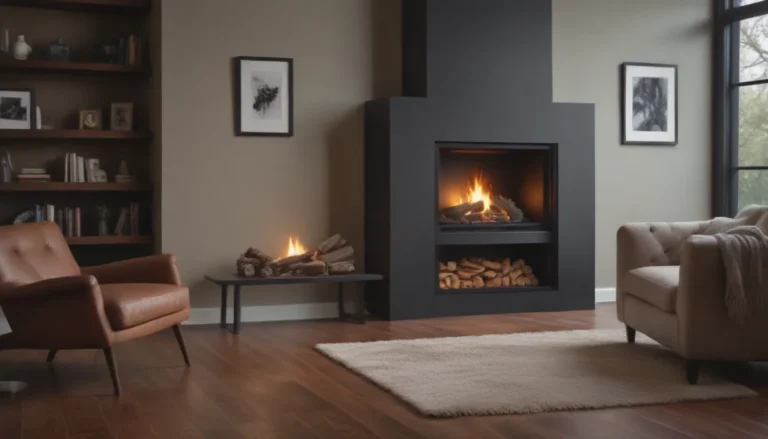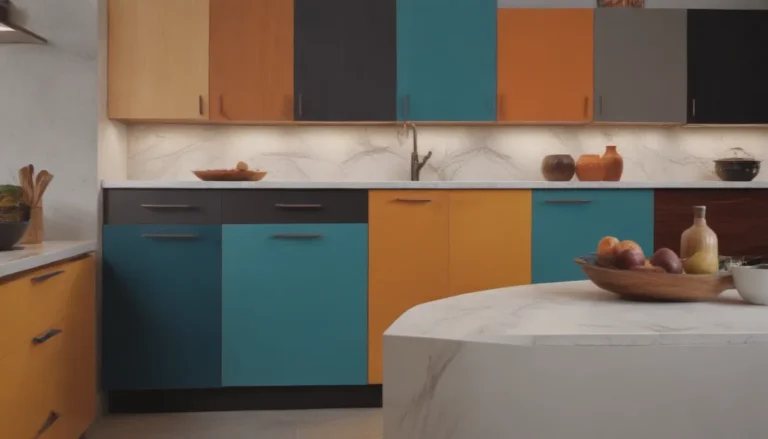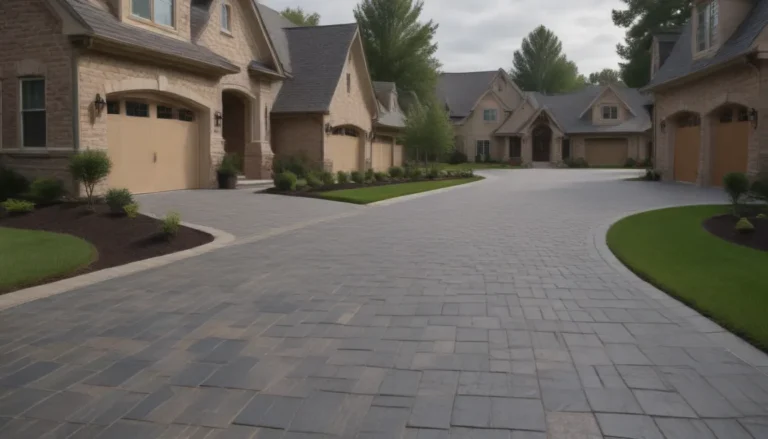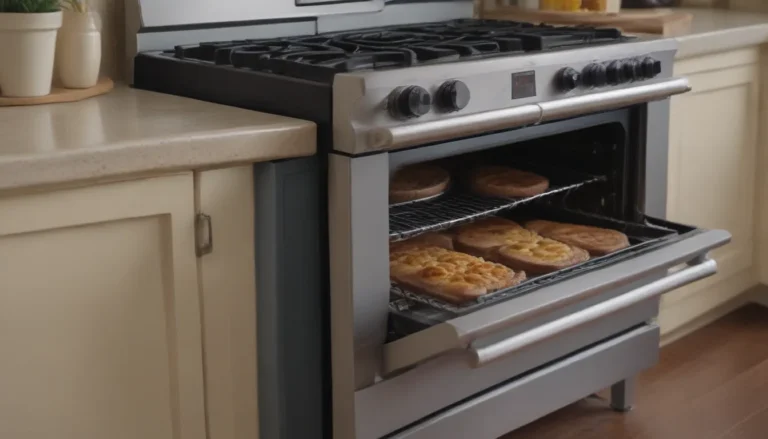How Much Does a Home Addition Cost: Everything You Need to Know
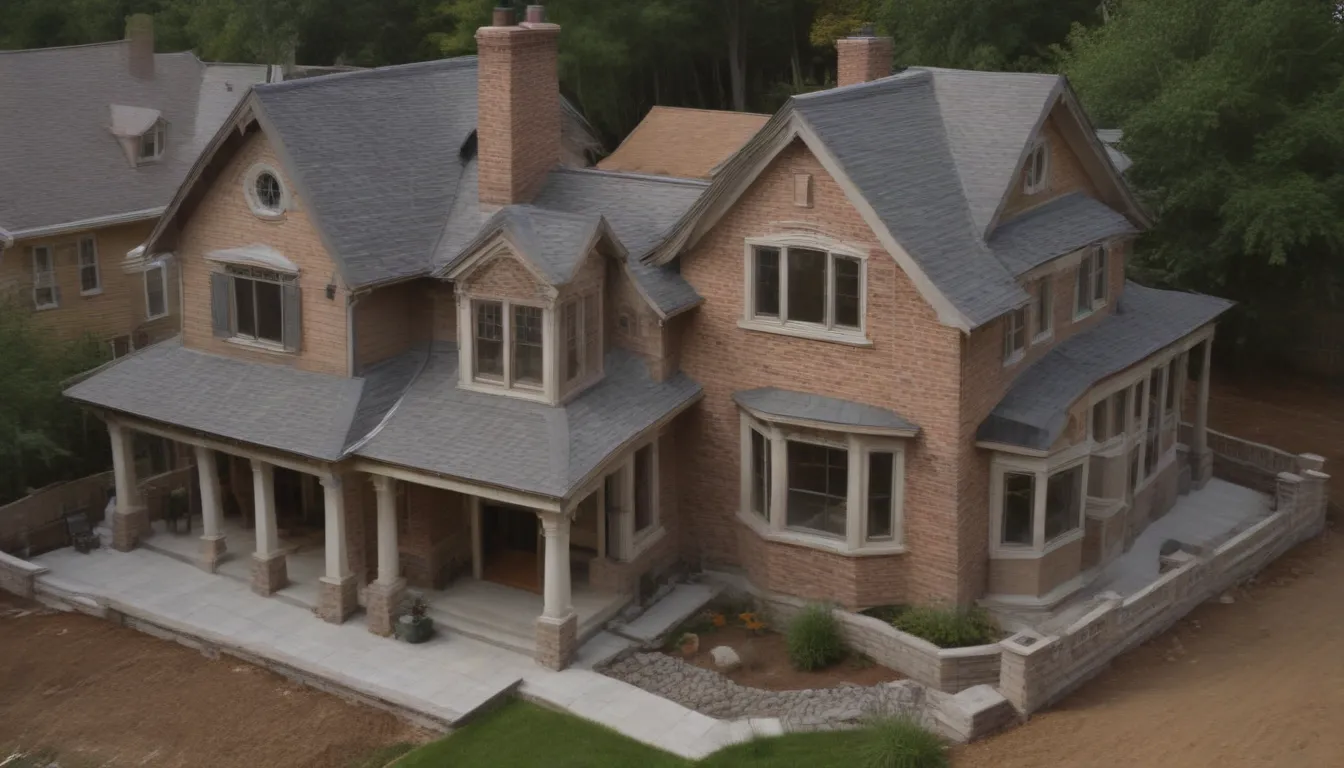
Are you considering adding a little extra breathing room to your home? Maybe you need an additional bedroom, a home office, or perhaps a luxurious primary suite. Whatever the case may be, building a home addition is an excellent way to add both space and value to your home. But how much will it cost? In this comprehensive guide, we will break down all the factors that contribute to the cost of a home addition, from the size and type of addition to labor and materials. Let’s delve into the nitty-gritty details of home addition costs.
Understanding Average Costs
The average national cost of a home addition is around $50,000, but this cost can vary significantly depending on several factors. For instance, adding a bathroom to the addition involves additional plumbing and electrical work, which can increase the total cost by thousands of dollars. Here is a breakdown of average costs based on the type of addition:
- Low Cost: Small bump-outs, porches, and decks, can cost around $4,500 to $10,000 on average. These additions typically do not require extensive electrical or plumbing work.
- High Cost: Larger additions like garages, in-law suites, and modular rooms can range from $25,000 to over $100,000. Second-story additions are also considered high cost, averaging about $300 to $500 per square foot due to extensive roof work.
Factors Affecting Home Addition Costs
Several key factors can influence the cost of a home addition:
- Size: The size of the addition is a significant determinant of the total cost, with prices ranging from $80 to $200 per square foot.
- Type of Addition: The purpose of the addition can impact its cost. Room additions tend to cost less than additional structures like in-law suites or separate apartments.
- Electrical and Plumbing Work: Extensive electrical and plumbing work can significantly increase the overall cost of the addition.
- Location: The location of the addition within your home can also impact costs, especially if it requires additional access to existing infrastructure.
- Labor: Labor costs play a significant role in the total cost of a home addition, with expenses for contractors, carpenters, electricians, plumbers, and other tradespeople adding up quickly.
- Permits and Zoning Laws: Zoning laws may require permits that come with associated costs, ranging from $200 to $3,000 depending on the project’s scope.
Tips to Lower Home Addition Costs
While home additions can be a significant investment, there are ways to mitigate costs:
- Limiting the Size: Consider if you truly need all the space you are planning to add and pare down any unnecessary square footage.
- Building Attic Space: Converting attic space into a second story can be a more cost-effective option since it eliminates the need for foundation work.
- Being Flexible: Remain flexible with scheduling to take advantage of possible discounts, particularly during offseason periods.
- Supplying Your Own Materials: Source some materials yourself to avoid contractor markup charges.
- DIY Finish Work: Consider doing some or all of the finish work yourself to eliminate labor charges.
How to Finance a Home Addition
Once you have a clear idea of the costs involved, you may be wondering how to finance your home addition. Here are a few options to consider:
- Home Improvement Loan: Similar to a personal loan, a home improvement loan allows you to borrow a lump sum with fixed monthly payments.
- Home Equity Loan: A home equity loan uses your home as collateral and provides a fixed amount of money with a set repayment period.
- Home Equity Line of Credit: Like a credit card, a home equity line of credit allows you to borrow against the equity in your home with a variable interest rate.
- Refinancing Your Mortgage: Refinancing your mortgage can help you access funds for your home addition by adjusting your loan terms and interest rate.
In Conclusion
Building a home addition is a fantastic way to create extra space and increase the value of your home. By understanding the costs involved and exploring financing options, you can embark on your home addition project with confidence. Remember, careful planning and research are essential to ensure a successful and cost-effective addition to your home. Happy renovating!
